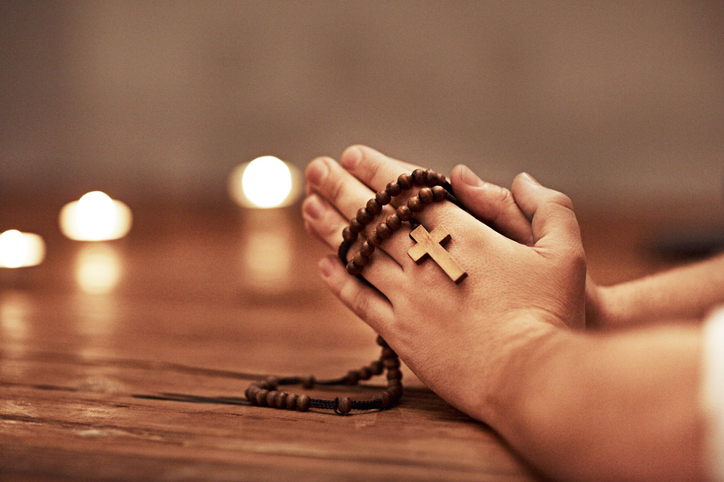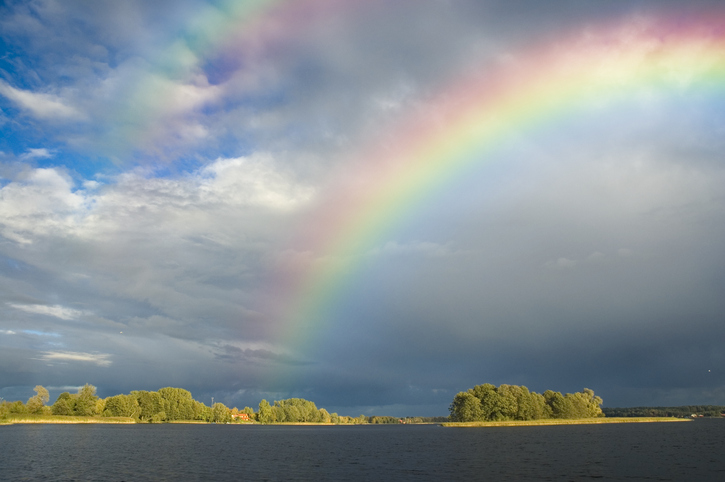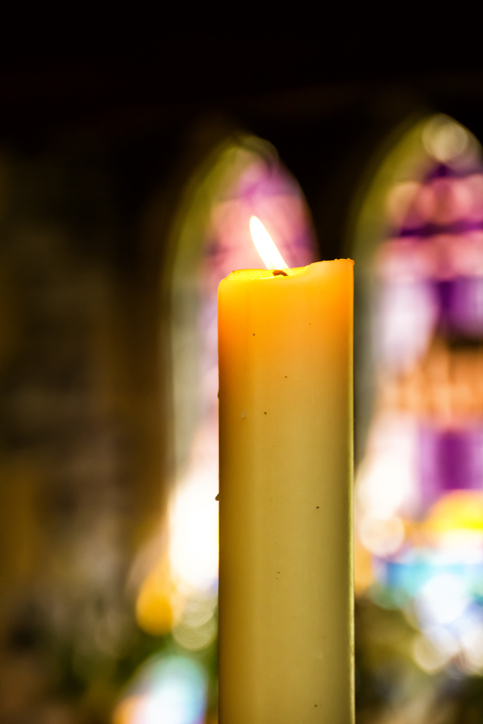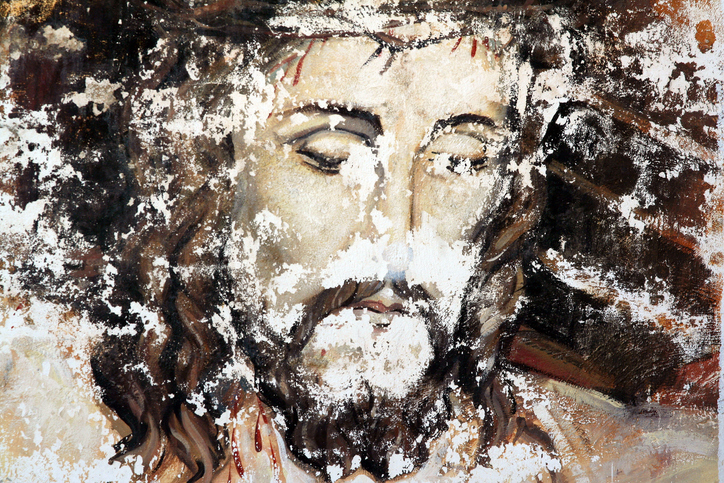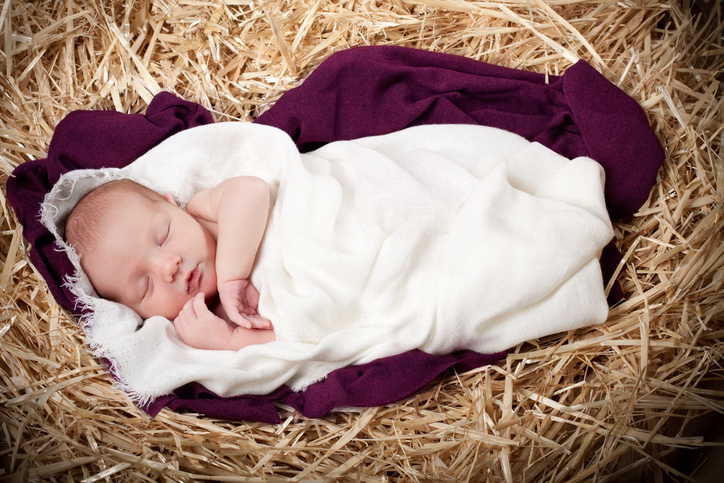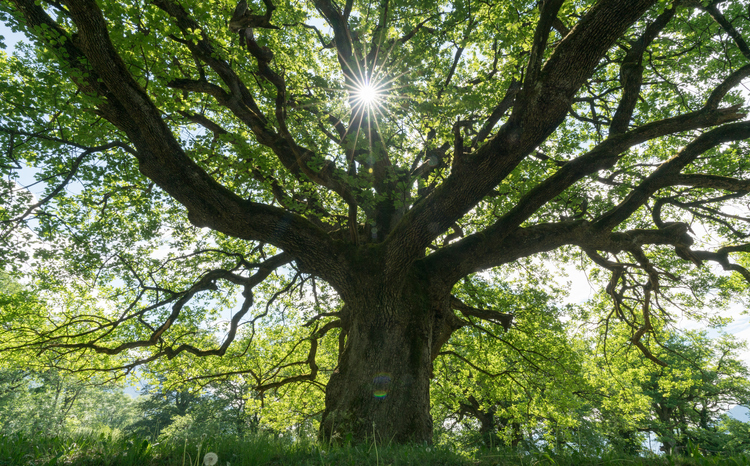Genesis gives us the graphic, if not also cryptic, story of Jacob wrestling with God. And much to our surprise, Jacob prevails. And once again, as we have seen before in the Scriptures, God changes a name to make note of the changes of an “old self” to a “new self.” Abram became Abraham; Sarai became Sarah, and Jacob became Israel. There is so much to this story that we could take the day to pick it apart and try to make some sense of it and what it means for our lives today.
It is accepted that the “man” Jacob wrestled with was God, in human form. At morning when God wanted to end the struggle, Jacob said “no”, not until God gave him a blessing. Some might say this was quite an arrogant request, asking for a blessing. It reminds me of when Abraham argued with God over the destruction of Sodom and Gomorrah. “Will you not spare the cities for the sake of fifty righteous people”? …then forty-five…then forty…then thirty…and finally for ten righteous people. Abraham dared to continue to argue with God for these folks and we could ask how Abraham could be so arrogant while in the presence of God.
But don’t we do the same thing? Don’t we sometimes show our arrogance in the things we ask for in prayer, whether directly to God the Father, or to Jesus, or to the Holy Spirit? After all, who are we to ask for such things? Who are we to think that God, in his almighty, omnipotent personhood would listen to us? Pause and take a breath. Yes, we will ask. And, yes, God will listen.
I like to think that Jacob, in asking for a blessing (in spite of being left weak and slightly crippled by the encounter), knew enough of the goodness of God, and God’s love for his creation, that the blessing would be granted. God will do the same for us.
Think back, recent or long past, when you have struggled with your spiritual self, looking for support, and yes, a blessing to get through a tough time in your life. Did you survive? Did you even recognize the blessing? Often, we don’t. And then, it will be years later when pondering our lives that we will see that the blessing was there all along, and only now being manifested. I know I can. I look at where I am today, after the twists and turns of my life, my family, my career, and my relationships, and see how God has guided me to this place. It is in our prayer and relationship with God and his Son that we will eventually see that the good things, in spite of the hard knocks of life, have brought us to a better place spiritually.
The blessings we dare to ask for should not be for riches or gain of any kind. These blessings will be for the heart; for the soul that longs to be in communion with its creator and God. Our asking is not arrogant on our part, nor is it weak. It is, rather, a humble acknowledgment that God is in charge, and we should have nothing about which to worry. Oh, we will worry. But worry will eventually pass as we flee to the peaceful and strong arms of our God, of our Savior, and to the Spirit who will bolster our spirits and give us courage.
It is in this fleeing that we will see the face of God. We will see the face of God and reap a blessing beyond anything the world can give. It is ours only for the asking.
God Bless.

Jeanne Penoyar, an Accounts Manager at Diocesan, is a Lector at St. Anthony of Padua parish in Grand Rapids, MI. Jeanne has worked in parish ministry as an RCIA director, in Liturgy, and as a Cantor. Working word puzzles and reading fill her spare time. Jeanne can be reached at jpenoyar@diocesan.com.
